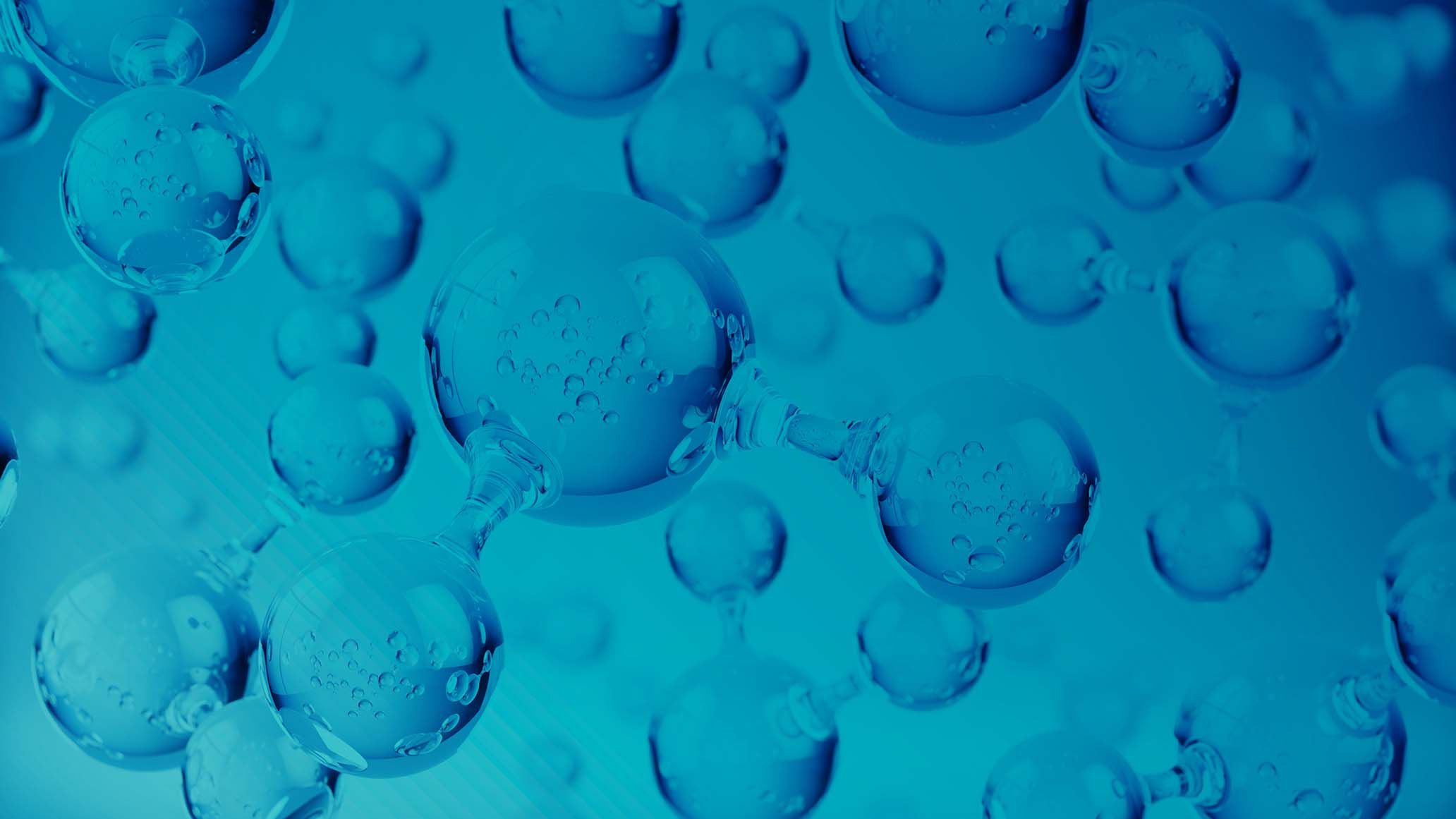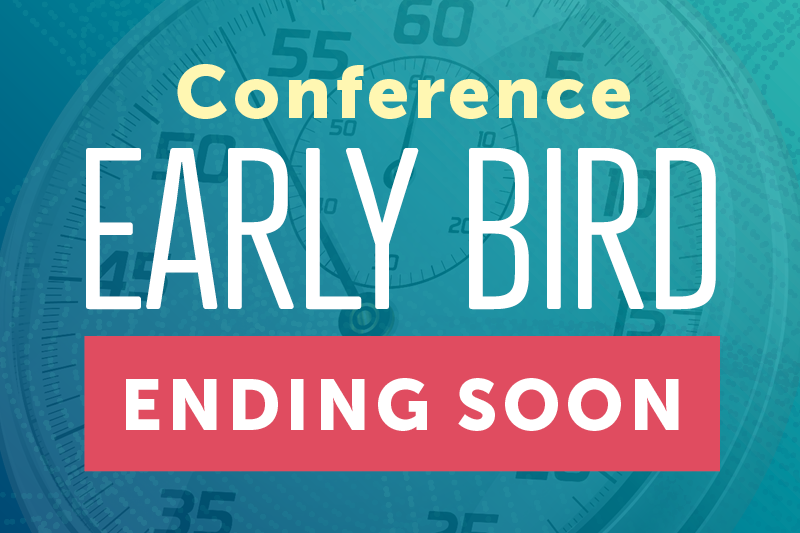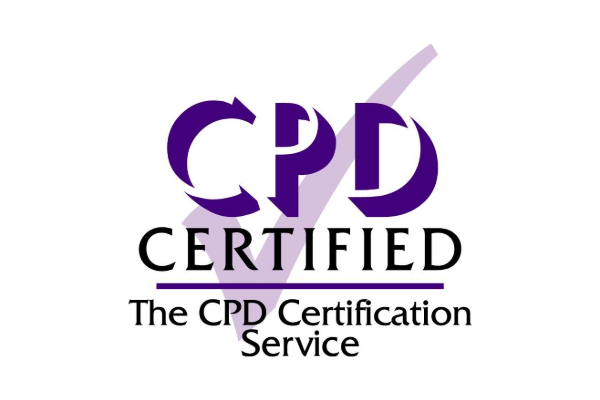A plan to change factory logistics to hydrogen fuel cells by 2030 has been made by BMW
)
BMW Group announced their aim to use hydrogen to power an estimated 230 forklifts, as well as tugger trains. It is planned that this will take place in Germany, at their Regenburg electric drivetrain plant.
Furthermore, the company has also made plans that by 2026, they will be able to deploy hydrogen-powered logistics equipment that is suitable for ‘all’ tasks within the plant. These tasks include everything from press shop, to body shop and even assembly operations.
An overall aim with this plan is for BMW to reduce vehicle downtime which is often caused by the need to change batteries twice in one shift. This issue occurs through the current logistics fleet being powered by electric drives, so therefore making this switch to hydrogen, could be a solution that solves BMW’s issues and is also advantageous to the environment.
In order to ensure a steady and reliable supply of hydrogen, BMW has planned to install a 2km pipeline network that will include six different refuelling stations. The company is aiming that the end date for this part of the project will be early 2026. Plus, it is also anticipated that the entire fleet transition will be finished in stages by 2030.
The company stated that, “Battery replacement, which is performed manually using a crane, takes about 15 minutes and requires space.”
BMW Project Manager, Katharina Radtke, commented, “The advantage of hydrogen is that refuelling is very fast – just like with conventional fuels. The filling stations required for this will be installed directly within the different production areas and do not take up much space. Once the conversion is completed, our annual hydrogen consumption will be around 150 tonnes.”



)
)
)
)
)
)
)
)


)
)
)
)
)

)
)
)
)
)
)
)
)

)
)
)
)
)
)
)

)
)
)
)

)
)

)
)
)
)
)
)
)
)

)
)
)
)
)

)
)

)
)
)
)
)
)
)
)


)
)


